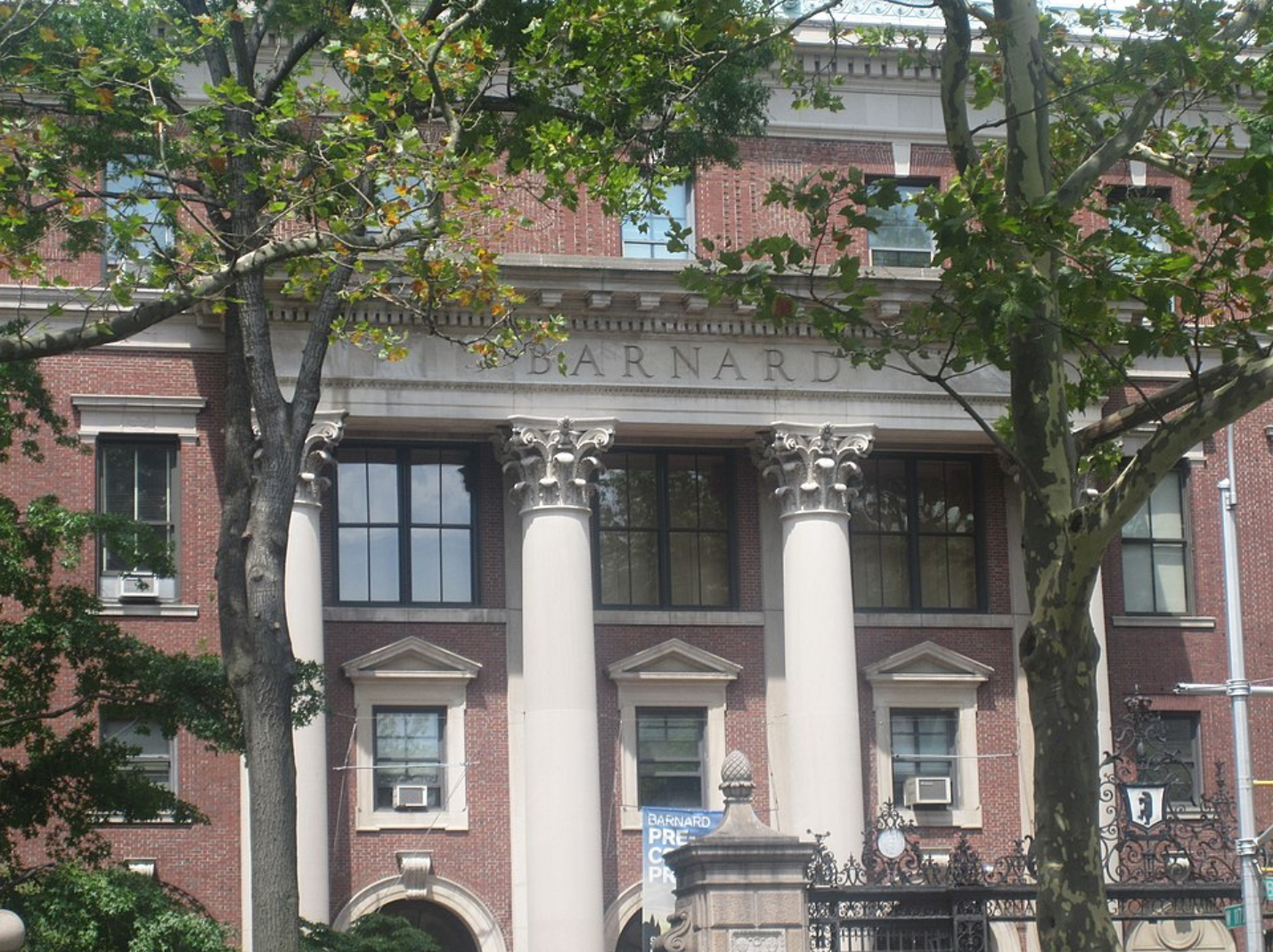
The Foundation for Individual Rights and Expression (FIRE) has once again taken the pulse of free expression on American campuses—and the patient’s health is declining. In its sixth annual College Free Speech Rankings, based on more than 68,000 student responses across 257 schools, FIRE reports that 166 institutions earned an “F” for their speech climate, while only 11 managed a grade of C or better. For the first time, a majority of students oppose allowing any controversial speakers on campus, whether from the left or the right. Nearly one-third of students now admit to some tolerance for violence as a way to silence expression, and more than half say the Israeli-Palestinian conflict is too fraught to discuss openly. The overarching picture is one of retreat: students of all political stripes are increasingly unwilling to engage with ideas they dislike.
Those findings suggest a shift. Conservative students, long defenders of open discourse, are beginning to mirror the censorious habits of their progressive peers. Is this the beginning of a new trend? Not necessarily.
[RELATED: After University, Censorship Looms]
The censorious tactics of the campus left have been so readily condoned by administrators and praised by activist faculty that it is no surprise that they are imitated by some students on the activist right. What is needed is an emphasis on listening and toleration that applies to the expression of political opinions on all sides. Increasingly, American college and university leaders publicly proclaim their commitment to such tolerance, but that is seldom what the students witness in the classroom, on the quad, or in relations with their peers. In all three cases, they see readiness to defend the expression of extremist views from the left but a brusque dismissal of even moderately conservative views. That’s what feeds the growing willingness of conservative students to respond in kind.
Moreover, FIRE’s interpretation is itself a bit slanted. FIRE admits that the “spike” in conservative censorship arose largely from “a single event,” i.e., the Naval Academy’s temporary removal of 381 books from its library on the grounds that they were works of propaganda promoting “diversity, equity, and inclusion” (DEI), and thus in violation of Department of Defense policy.
In point of fact, many of these books were indeed DEI-aligned. Those in charge of the removals probably engaged in “malicious compliance,” i.e. , following orders to the extreme to make them seem silly. The problem is that hardcore DEI ideology shades into softer forms of advocacy without a distinct line of demarcation.
[RELATED: Why More and More Students Won’t Speak Up in Class]
FIRE probably doesn’t favor censoring hardcore ideology either, but it makes sense that a military academy would have some restrictions on how much enemy propaganda to present to its cadets. In any case, after the controversy erupted, most of the books were returned to the shelves.
To the extent that FIRE built its storyline about conservative censorship on this one incident, there is less here than meets the eye. FIRE’s data shows that conservative students reject shutdowns and blocking entrances by much greater margins than leftist and moderate students, though that margin has been slipping.
Follow the National Association of Scholars on X
Image: Barnard College, New York City, by Billy Hathorn (via Wikimedia Commons). Barnard ranked last in FIRE’s 2026 College Free Speech Rankings.
It is pretty obvious at this point that both the left and right are going to try and one up each other in removing books or other sources that conflict with their respective ideologies. Removing books from military academy libraries is classic censorship–I’m certain that Mein Kampt is still in the Naval Academy’s library and it should be. It will not turn cadets into fascists (though some proto fascists may read it to be affirmed, though of course if it were removed they could simply read it on line or go to a local bookstore and buy it there). No matter what one thinks of DEI (and most Americans support the goals while disavowing the tactics), it is something that is omnipresent in our society and books (both supporting and attacking it) should be available to cadets. Dismissing such works as “enemy propaganda” makes the NAS seem like a stalking horse for the extreme right rather than an umbrella organization espousing principles most Americans agree with (such as free inquiry and freedom from cancellation for holding minority views).
Also, referring to these books as “enemy propaganda” echos the various “blood and soil” views now prominent on the right, giving special status to those who have the correct pedigree (such as fighting in the Civil War–of course, they don’t mention which side). These “enemies” who wrote these books are nearly all American citizens! When one can be classified as an enemy for expressing thoughts that others find abhorrent we are moving towards a police state–why not call them enemies of the people and be done with it?
FYI: https://usna.primo.exlibrisgroup.com/discovery/search?institution=01USNA_INST&vid=01USNA_INST:01USNA&tab=LibraryCatalog&search_scope=MyInstitution&mode=Basic&displayMode=full&bulkSize=10&highlight=true&dum=true&query=any,contains,Mein%20Kampt&displayField=all&pcAvailabiltyMode=true&scopeSelecter=LibraryCatalog
Justice Scala put it best: Why should one side follow Queensbury rules while the other side fights freeform?
I’m all for disrupting Leftist events and destroying the careers of their people.
Let them see what it is like and maybe we can get a consensus that this should not be done.